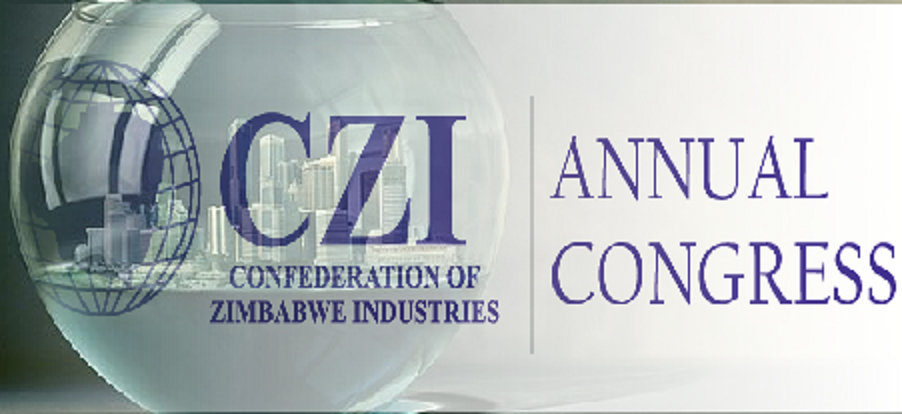The Confederation of Zimbabwe Industries, an industrial lobby group, has implored authorities to freeze power tariff hikes, warning that increasing the cost of power would further erode competitiveness of industry.
Industry's pleas come as the Zimbabwe Energy Regulatory Authority is currently reviewing a proposal by power utility Zesa Holdings for an upward review of tariffs.
CZI president Mr Charles Msipa said the industrial body had already made submissions to the Zimbabwe Energy Regulatory Authority to maintain power tariffs at current levels to avoid exerting additional pressure on companies.
"Based on the surveys we have carried out, we have concluded that the high cost of electricity is certainly one of the major contributors to lack of competitiveness for manufacturers.
"We have made submissions to the Zimbabwe Energy Regulatory Authority recommending that the electricity tariffs should not be increased and should remain at current levels. Any upward review would have negative consequences on competitiveness," Mr Msipa said.
It was not immediately clear how much industry is paying for power, but ordinarily consumers pay US9,83c/kWh, a tariff increase that was last effected in 2011.
Over 2 300 workers lost their jobs last year after 165 companies embarked on staff rationalisation programmes, an 18 percent increase on 2013 when 2 376 people lost jobs as industry viability challenges mounted.
The Chamber of Mines of Zimbabwe has also recently made submissions for authorities to consider downward variation of power tariffs for the gold mining sector warning delays could actually result in mines closing down.
According to chamber president Mr Alex Mhembere, the situation for miners has been exacerbated by a significant drop in the price of bullion on global markets.
Likewise, an industry battling a cocktail of challenges believes industry was countenancing the spectre of more viability constraints and possible collapse, if burdened with additional costs in the form of power tariff hike.
Apart from high cost of power, industry has to contend with intermittent supply of power with the country only able to produce an average of 1 200 megawatts against national demand for electricity of 2 200MW.
Industry has had to bear with outrageous cost of predominantly short-term funding with loans attracting interest ranging from 12 percent to 20 percent per annum.
This is because the country is facing a debilitating liquidity crunch that has sent industry and the entire economy into a tailspin, threatening efforts to turnaround the economy since the modest recovery attained post-dollarisation in 2009 started reversing in 2012.
CZI has in the recent past also cited inflexible labour laws as a major impediment on efforts to rationalise staff cost in the sense that conditions for retrenchment are complex and make it expensive if not impossible to lay-off.
In addition, industry and every other business face other constraints such as cost and availability of water, raw materials, old machinery and equipment and general infrastructure deficit, making them less competitive.
As such, the cocktail of challenges militating against efforts to enhance viability of industry have resulted in capacity utilisation, which peaked at 54 percent in 2011, declining consistently to about 39,6 percent last year.
- The Herald
 Concern over Masvingo black market
Concern over Masvingo black market  Kenya declares three days of mourning for Mugabe
Kenya declares three days of mourning for Mugabe  UK's Boris Johnson quits over Brexit stretegy
UK's Boris Johnson quits over Brexit stretegy  SecZim licences VFEX
SecZim licences VFEX  Zimbabwe abandons debt relief initiative
Zimbabwe abandons debt relief initiative  European Investment Bank warms up to Zimbabwe
European Investment Bank warms up to Zimbabwe  Young Investment Professional (YIP) Graduate Programme 2019
Young Investment Professional (YIP) Graduate Programme 2019 











 Young Investment Professional (YIP) Graduate Programme 2019
Young Investment Professional (YIP) Graduate Programme 2019
Editor's Pick